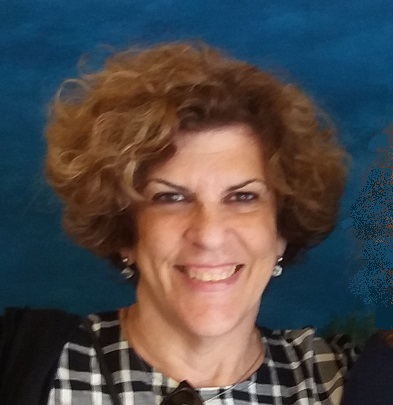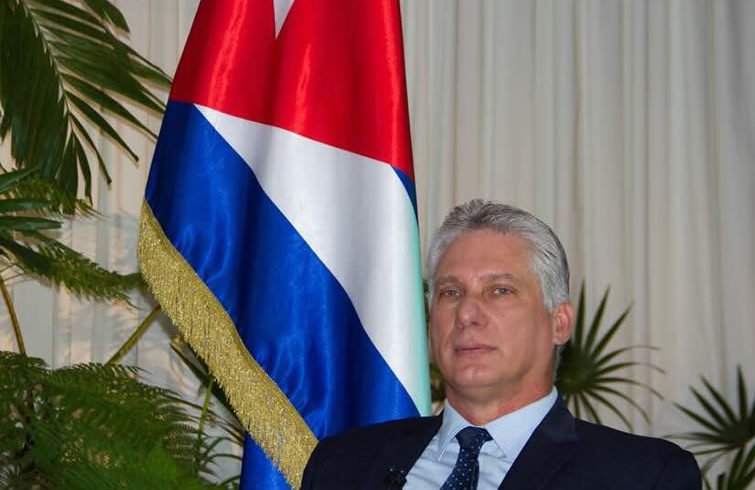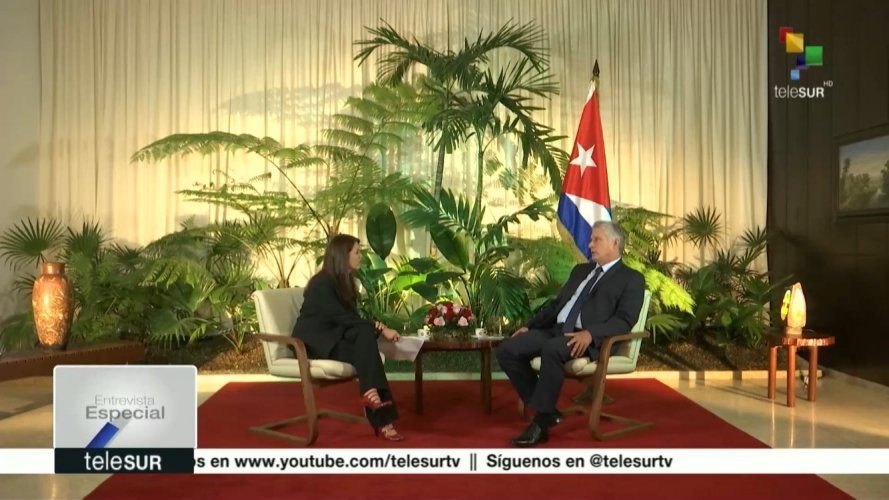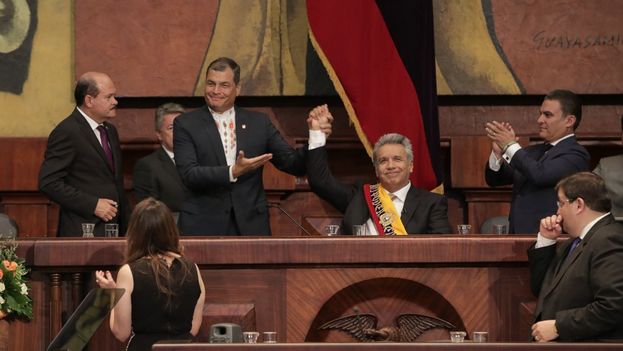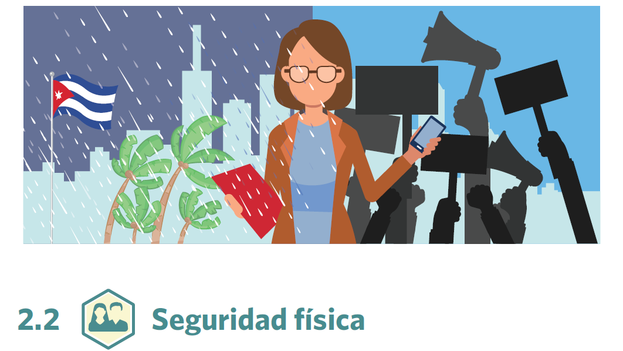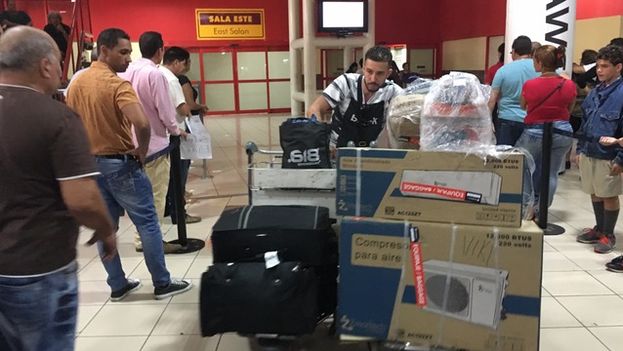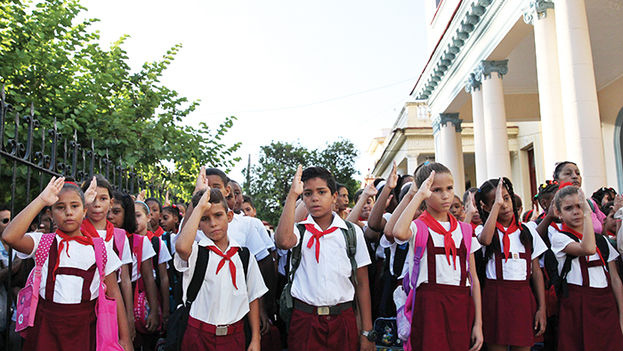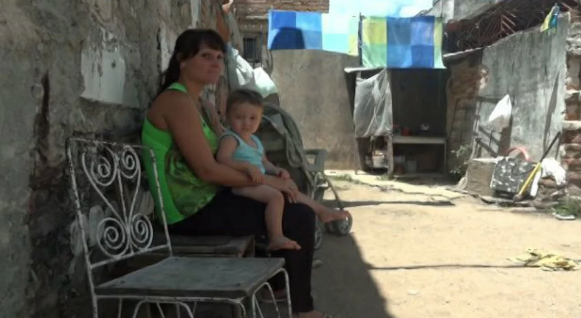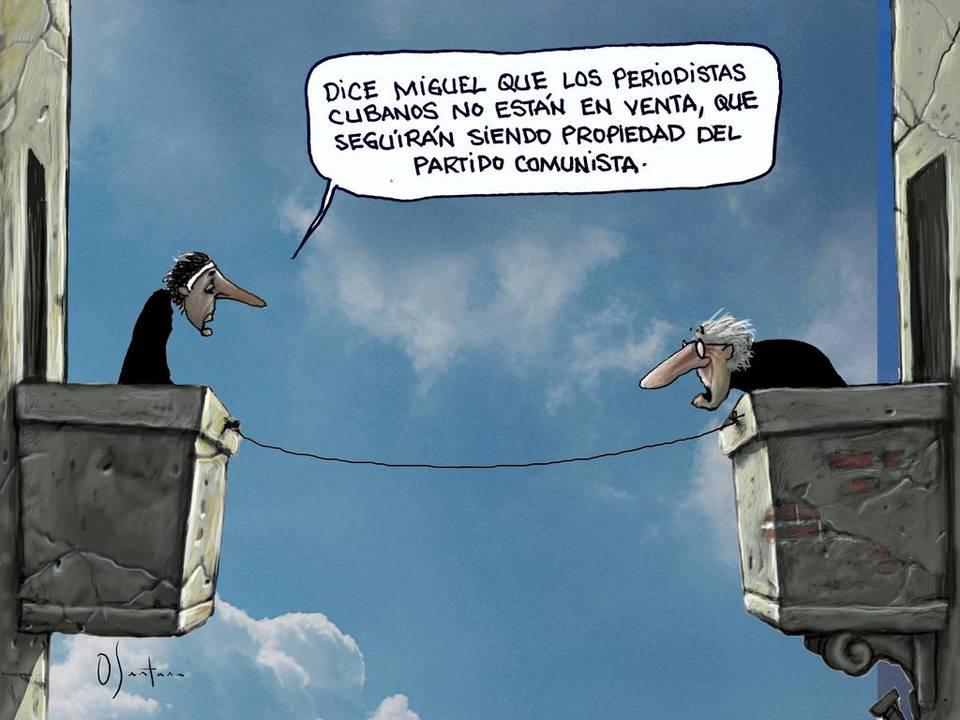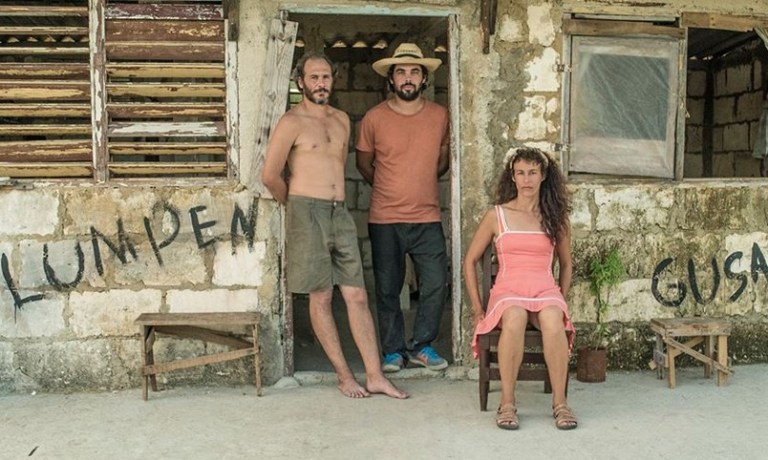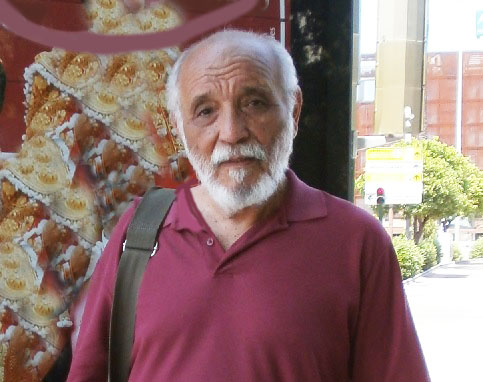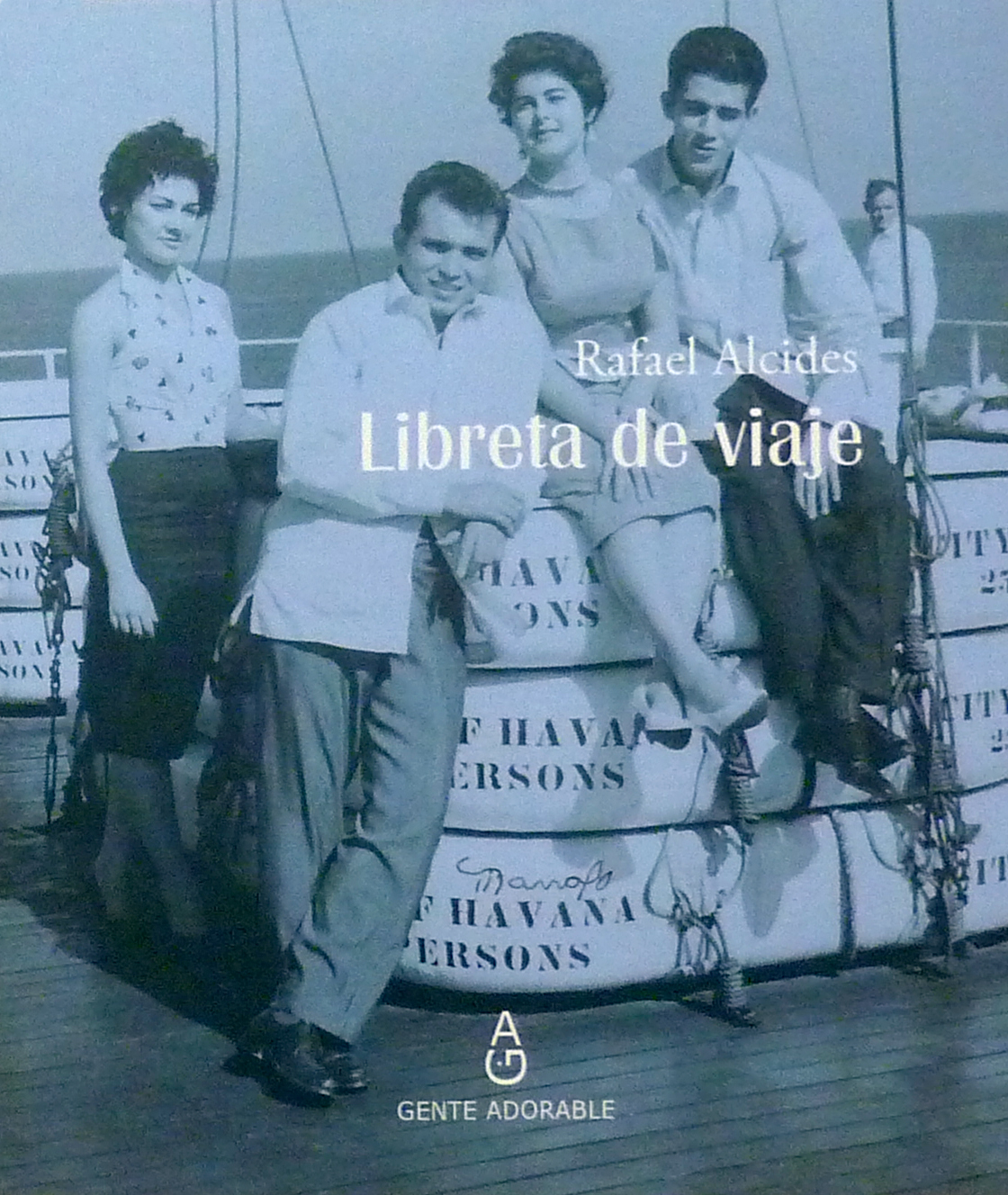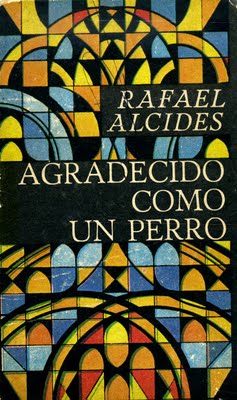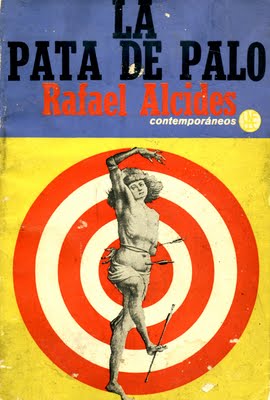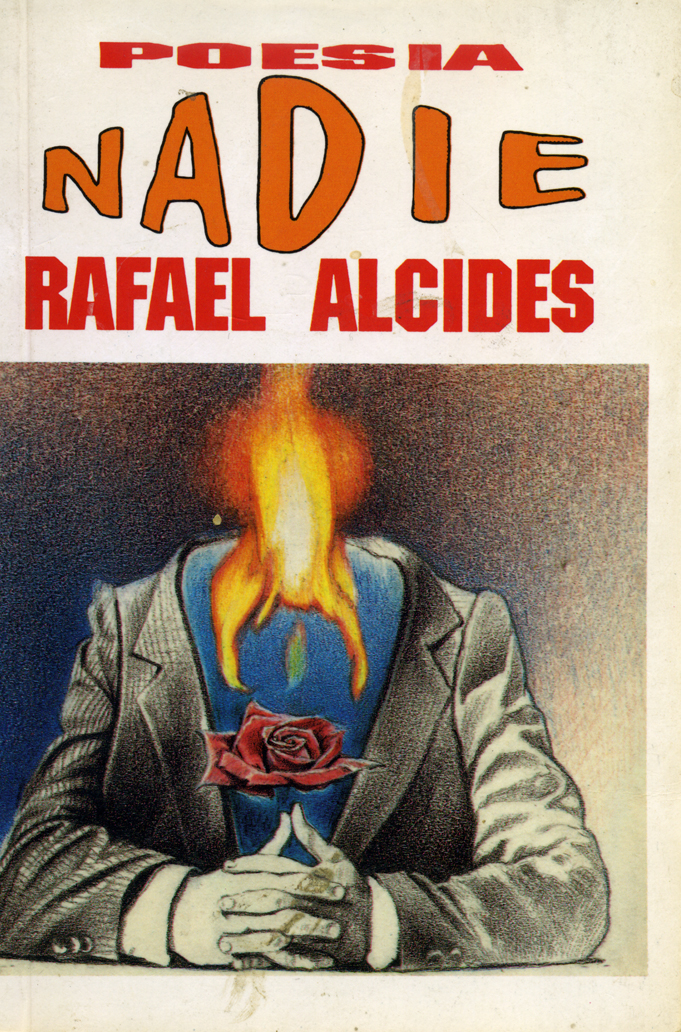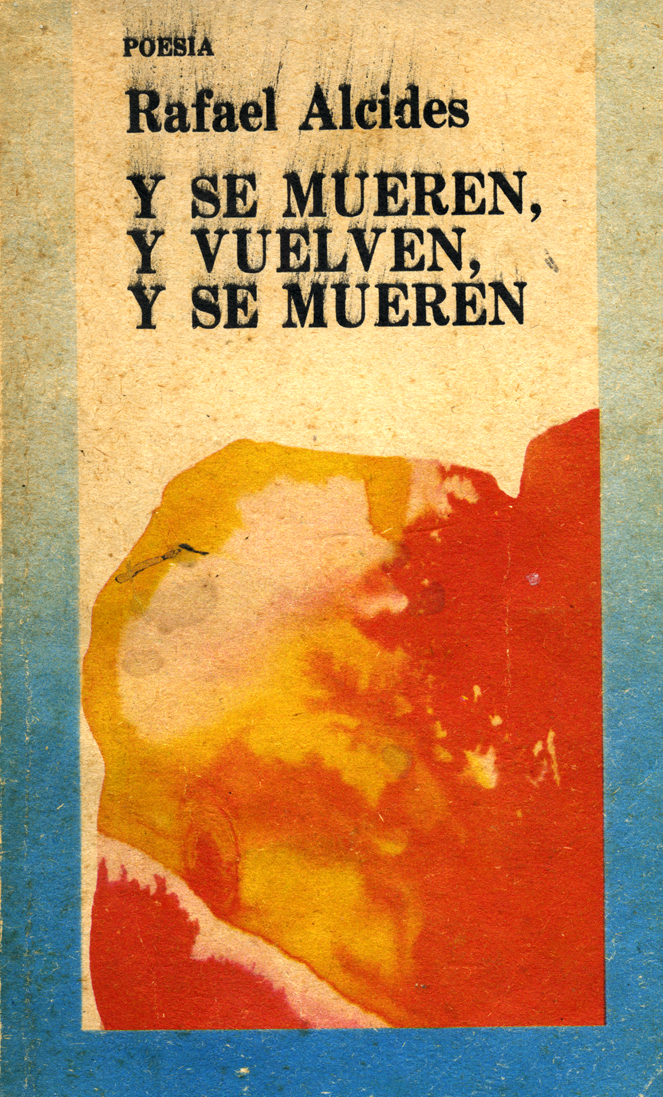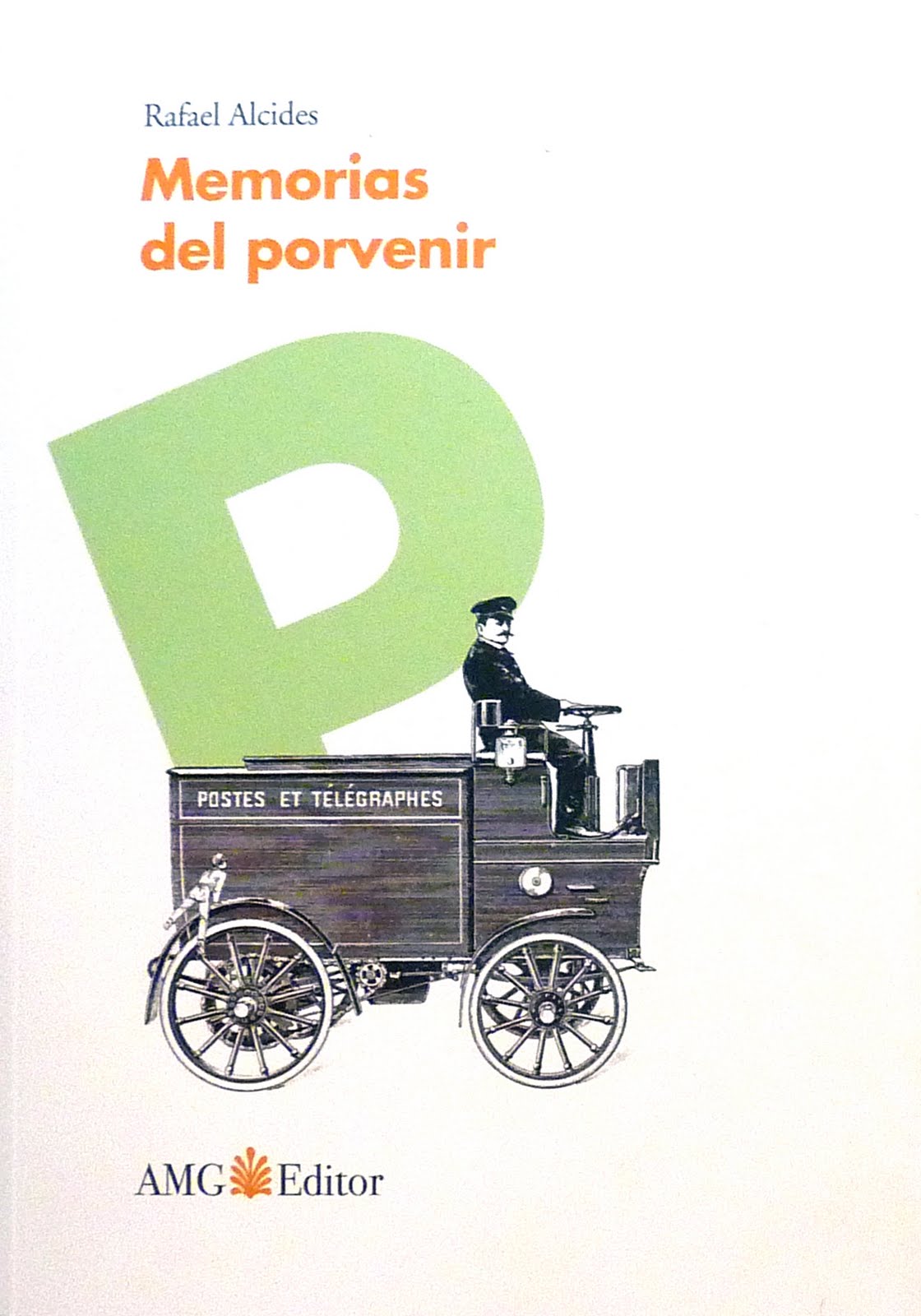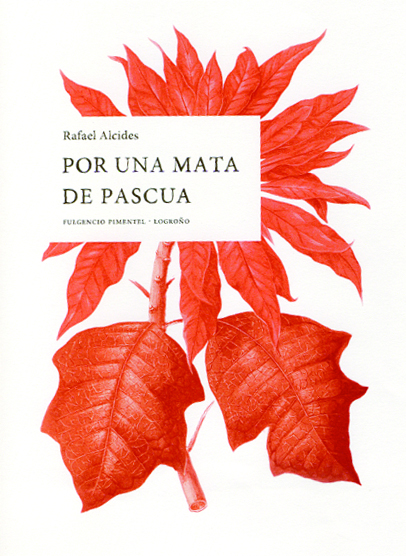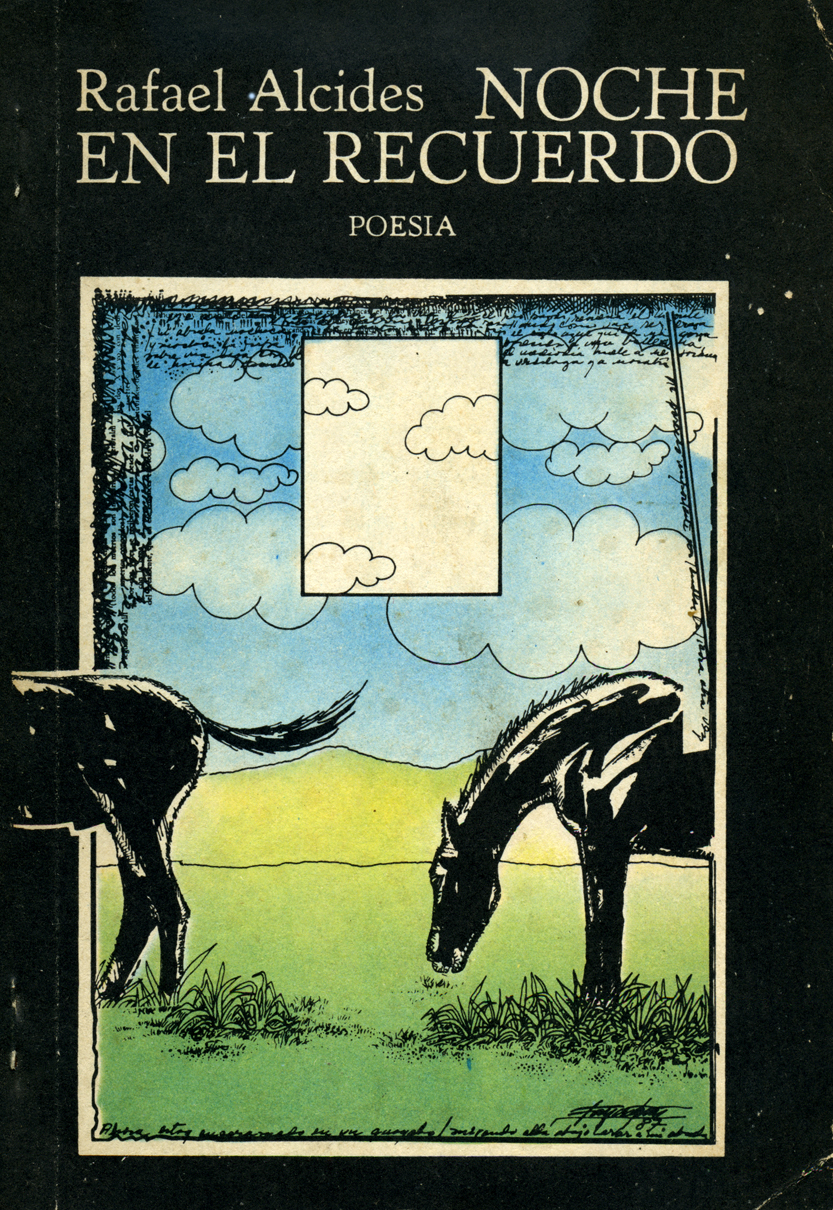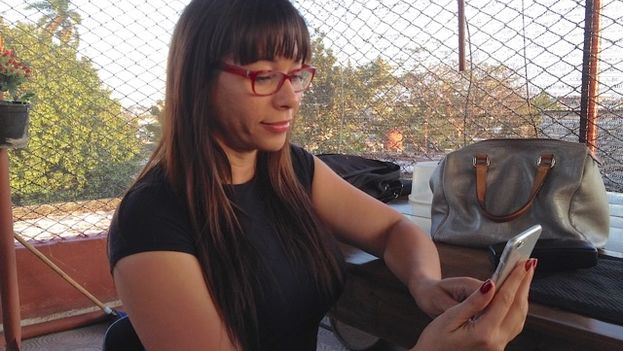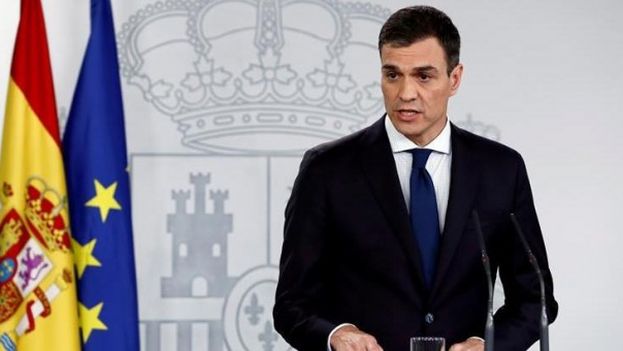
![]() 14ymedio, Miriam Celaya, West Palm Beach, 18 October 2018 — The Spanish language version of the online American newspaper HuffPost has just published its own vision about why the upcoming November 22nd and 23rd visit to Havana by the Spanish President, Pedro Sánchez, is important.
14ymedio, Miriam Celaya, West Palm Beach, 18 October 2018 — The Spanish language version of the online American newspaper HuffPost has just published its own vision about why the upcoming November 22nd and 23rd visit to Havana by the Spanish President, Pedro Sánchez, is important.
Judging from the note, there are several reasons that give importance to the bilateral meeting on the Island between the leaders of Cuba and Spain. All of them refer to expectations on the Spanish side – in this case, the entrepreneurs of the European country present in Cuba and of their own Government – and in no case to the benefits that Cubans should expect as a result of this exchange between the two governments. continue reading
To some extent, this could be reasonable, given that, when it comes to meetings between politicians, each defends his own interests. Hypocritical speeches only work in protocol rooms.
Thus, in the effort to enhance this visit, the HuffPost uses the unoriginal resource used by so many other foreign newspapers: to falsify the Cuban reality by recreating it from the stereotyped vision of someone who absolutely ignores the scenario in which the action is moving. Or about whom, deliberately, chooses to ignore it. This explains the reference to “the new Cuba, which does not have a Castro in its government since April, which is committed to openness even with the United States, its classic adversary.”
Judging by the note, there are several reasons that lend importance to the bilateral meeting between the leaders of Cuba and Spain on the Island. All of them refer to the Spanish-side expectations
A “new” Cuba, and in the midst of a transition, described as a place where there are all kinds of openings, which now Spain regrets having distanced itself from, compared to other countries which have “taken the lead,” despite – and this is the way that the Spanish foreign minister, Josep Borrell refers to it – Spain having “strong historical, cultural, and human relations with this Island,” which makes it a contradiction that Spaniards “have nothing to say or nothing to contribute.”
About the latter, it must be admitted, Mr. Borrell is somewhat right: it does not seem that until now the Spaniards have contributed much to the Cubans.
Thus, suddenly, Sánchez’s trip acquires a sense which is “not only political but also historical and cultural”. And, incidentally, “it can serve as an outpost and pave the way to possible royal status in November 2019”, the date when “the fifth anniversary of the founding of Havana will be celebrated”.
Obviating the small error of the American media – let’s call it “errata” – of so drastically reducing the Cuban capital’s age (which, far from reaching the age of five, is approaching half a millennium since its foundation), nothing would seem more counterproductive than having the condescending presence of their Spanish Majesties at the celebration of such a relevant date.
Not only because of the strangeness of the monarchical origins of the informal plebeian Cubans, natural enemies of the label, but even without it, the sufficiently humiliating impotence of having contributed, for the last 30 years, to the recolonization of the Island through Spanish investments, while those born on this land are deprived of that right that is naturally theirs. It is not very delicate that our status as neo-subjects should be emphasized so incisively more than a century after having reached our independence.
Meanwhile, La Moncloa* has declared that the objective of the trip of the Spanish head of government is “to intensify the relations between both countries and their economic and commercial exchanges”
The HuffPost assures that this visit will be “like Spring rains” for Spanish businessmen in Cuba. Presumably, during his visit, Sánchez will meet with businessmen or representatives of the numerous Spanish companies present in Cuba, including nine hotel chains, due to the “high economic component that is to be imprinted on the visit”.
On the other hand, the note says that, “according to ICEX (the Network of Economic and Commercial Offices of Spain Abroad), Cuba was the #2 country in the Caribbean (with a total of €899 million) receiving Spanish exports in 2017.
The note adds that “Spain maintains commercial and investment relations with Cuba of a great tradition, evidenced by being the country with the most joint venture companies and most branches established in Cuba, and with an outstanding presence in the tourism and services sector”. A fact that, nevertheless, shows an asymmetry in the benefits of these relationships, since it does not reflect in any way an increase in the consumption capacity of Cubans.
Finally, the fifth and last important reason for Sanchez’s announced visit to Havana are the approximately 140,000 Spanish citizens living in Cuba, to whom The HuffPost refers in terms of “Spanish colony.”
‘Granma’, the official newspaper, barely just published, simultaneously, a brief note in the section Hilo Directo (Direct Thread) announcing, without much fuss, Sanchez’s imminent visit
It is about none other than Cubans who have acquired Spanish citizenship under the Law of Historical Memory – better known as the grandchildren law – who perhaps should be called “Spaniards of convenience”, not only because Spanish citizenship is useful for certain practical purposes, especially easing travel by making use of a passport that opens doors to numerous destinations without the need for a visa, but because the “Cubanish”, usually treated as lesser carnival dance processions and undesirables at the Spanish Consulate in Cuba, are recognized as fellow citizen by the Spanish authorities when it’s convenient. Now it seems to be the case, so that, as if by magic, they have been transmuted into “a great Spanish community”.
This way, The HuffPost affirms that “Sánchez will have an opening to meet with Spanish colony in Cuba”, which means that he will meet with those Spanish groups that have been acknowledged and promoted by the Cuban authorities in terms of their own political and economic interests.
And while the most enthusiastic are rubbing their hands and making plans to share in the benefits of the new resumption of relations between Spain and Cuba, Havana has not given the same relief to the fact. The official newspaper Granma just simultaneously published a short note in the section Hilo Directo (Direct Thread), announcing the next visit of Sánchez, without much ado.
Perhaps the hierarchs of the caste of the insular Power, who do know exactly how tense the social vibration in Cuba is, favor keeping a low profile? Or, more traditionally stated, the oven is not ready for cookies here.
Translated by Norma Whiting
*Translator’s note: Moncloa Palace is the official residence and workplace of the Prime Minister of Spain
___________________________________
The 14ymedio team is committed to serious journalism that reflects the reality of deep Cuba. Thank you for joining us on this long road. We invite you to continue supporting us, but this time by becoming a member of 14ymedio. Together we can continue to transform journalism in Cuba.

